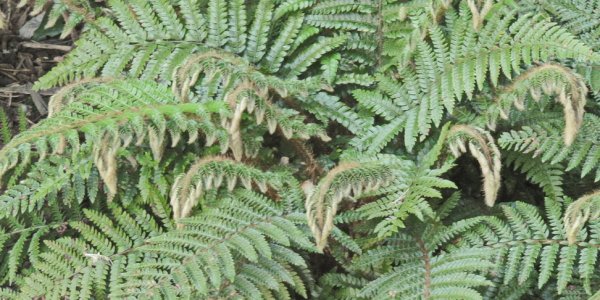Bringing Climate Change Into Physics Classrooms
Physics is one of the most remarkable scientific subjects there is. It incorporates many incredible discoveries, like The Quantum Leap, the Law of Falling Bodies, Universal Gravitation, and the Laws…









